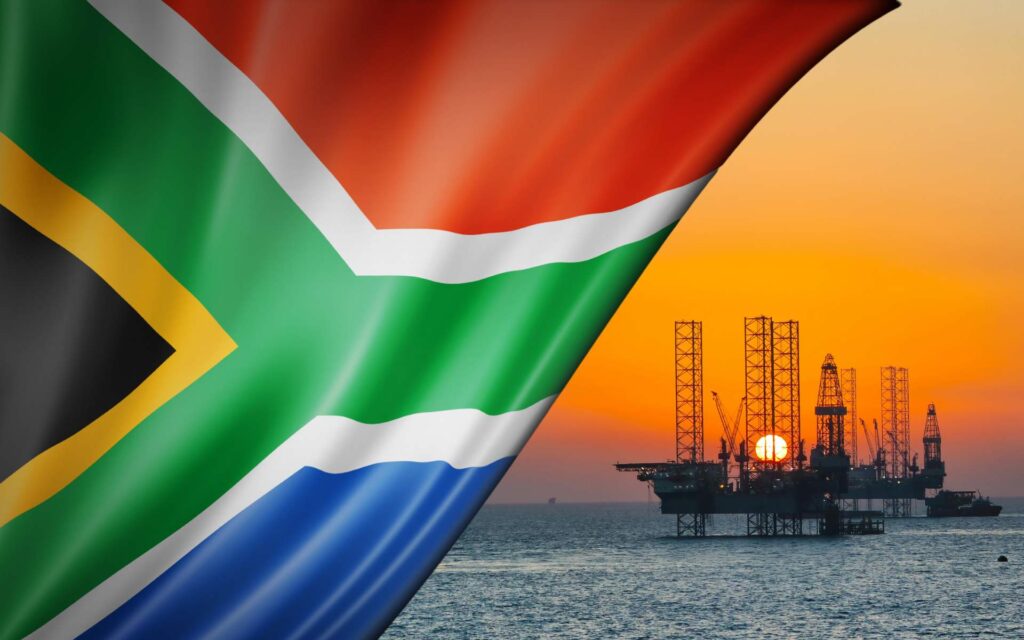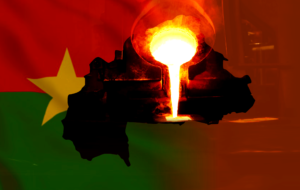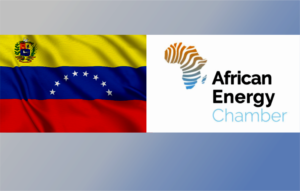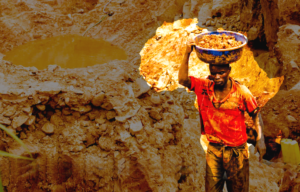Unlocking South Africa’s Energy Future: Why Law, Community and Trust Matter as Much as Oil

Johannesburg, South Africa: beneath South Africa’s west coast waters lies one of the continent’s last great energy frontiers. The Orange Basin, a geological formation stretching from South Africa into Namibia, could hold up to 30 billion barrels of oil. Yet while Namibia has drilled more than 20 successful wells since 2022, South Africa has yet to drill a single one.
The reasons for this are as political as they are legal and social. South Africa’s oil and gas exploration has become ensnared in a web of environmental lawsuits, bureaucratic inertia and weak community engagement. All of which have frozen billions of dollars in potential investment. Projects worth over $1.6 billion have been halted by court challenges since 2021, with major firms like TotalEnergies walking away from promising ventures.

Even so the insight story is not just about energy. It’s about trust, between government and citizens, global investors and local communities; and between South Africa’s environmental priorities and its economic ambitions. Stating the human and social cost of stagnation.
Communities along the coast, from Mossel Bay to Port St. Johns, are caught in the middle. In respect to families at these locations, offshore oil projects promise jobs, infrastructure and a lifeline in regions long bypassed by industrial growth. Yet these same communities also bear the environmental risks: potential harm to marine life, tourism and traditional fishing livelihoods.
The failure to engage these communities meaningfully has bred distrust. In many cases, consultations have been superficial, reduced to checkbox exercises. That vacuum of transparency has allowed foreign-funded NGOs to step in as defenders of local interests. Which is often with legitimate environmental concerns, but also with the unintended effect of deepening the divide between industry and society.
The social implications are far-reaching. When projects stall, household incomes remain stagnant, youth unemployment worsens and local governments lose out on tax revenues that could fund schools, clinics and public services.
In view of cultural and environmental balancing act: in coastal South Africa, the sea is an economic resource and a cultural anchor. Fisherfolk, heritage custodians and indigenous groups see the ocean as part of their identity. To them, oil drilling is an existential issue, much more than a technical one.
This makes consultation seen beyond a legal formality, but as a moral and cultural imperative. The Petroleum Agency SA’s community awareness campaigns are a start, but genuine dialogue must go beyond public notices. As seen in Suriname, where TotalEnergies’ GranMorgu project involved quarterly meetings with indigenous communities, proactive engagement can build consensus rather than confrontation. Issuing the political and business equation.
South Africa’s oil and gas story is also one of political will. Minister Gwede Mantashe’s recent decision to lift the 14-year moratorium on shale gas exploration in the Karoo marks a turning point. The new regulations, addressing water and environmental safety, could provide a blueprint for offshore reforms.
The creation of the South African National Petroleum Company (SANPC) under Godfrey Moagi adds another layer of accountability. If the agency strengthens coordination between regulators, investors, and communities, it could restore investor confidence and curb the so-called lawfare that has crippled exploration.

Yet time is short. As Namibia and Guyana reap the benefits of investor-friendly frameworks, South Africa risks being left behind. “If you’re unable to explore, develop, and produce, the money goes elsewhere” – warns Gil Holzman, Eco Atlantic’s CEO.
Toward a shared future: unlocking South Africa’s offshore wealth requires more than new wells. It requires new trust, which means:
- Legislative clarity to streamline environmental approvals and curb endless litigation.
- Transparent, early community engagement that respects both livelihoods and local culture.
- Balanced environmental standards that protect ecosystems while enabling responsible growth.
- Public education campaigns that demystify the energy transition and show families how gas can coexist with renewable goals.
The family in Mossel Bay waiting for steady work, the entrepreneur in George hoping for an energy-driven supply chain, and the coastal community anxious about its heritage all have a stake in this.
South Africa stands at a crossroads. With clear laws, honest dialogue and inclusive growth, the country can emulate Namibia’s momentum, not just striking oil, but striking a new social contract between progress and preservation.
The time for half-measures is over. The real energy South Africa must harness now is collective will.






